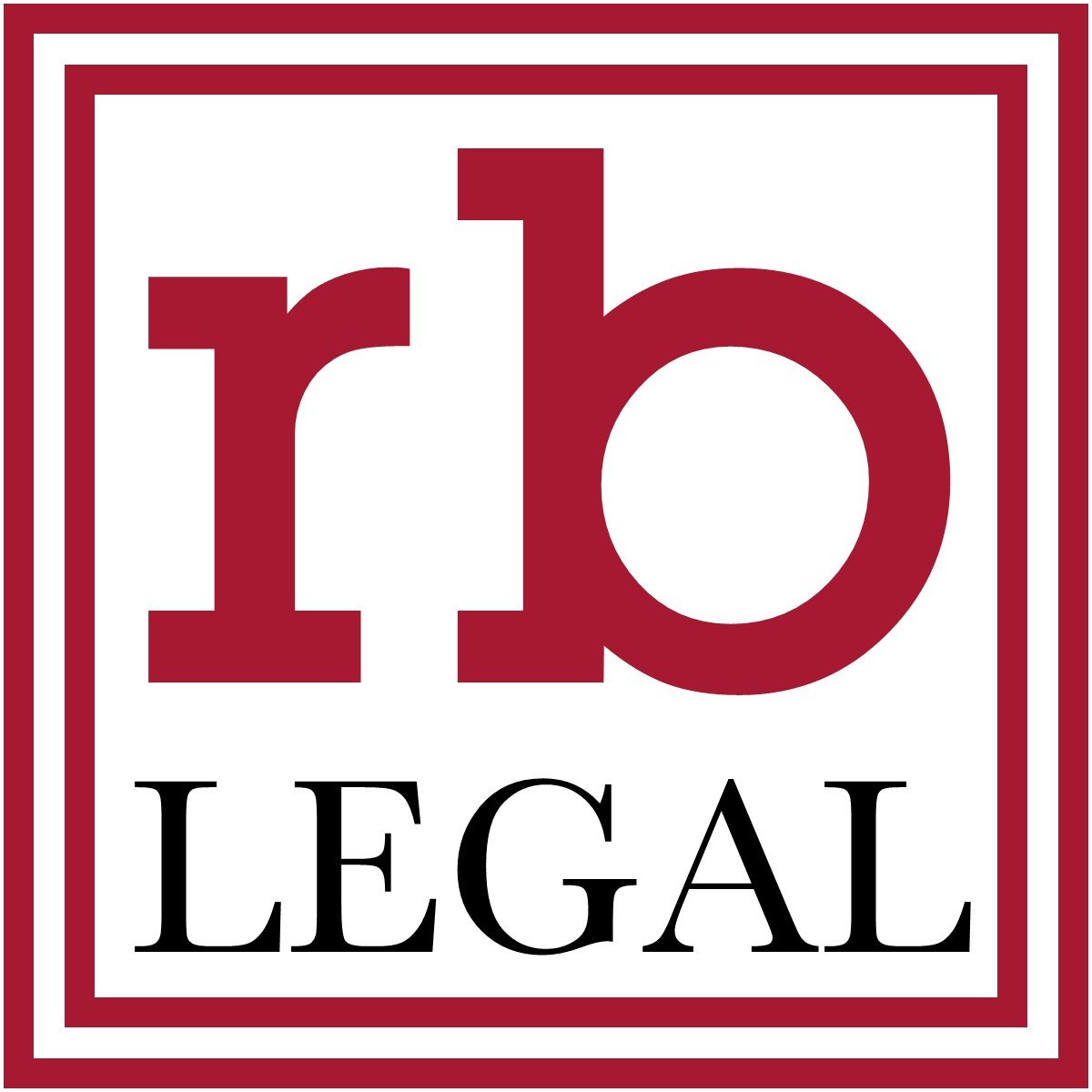As the beneficiary of an estate, you are in a position to inherit property from someone who recently died. However, you don’t actually have control over that property. The personal representative or executive state is the one with control. If the testator created a trust, then the person managing their largest assets might be a trustee rather than a court-appointed representative.
Regardless of the title of the individual managing the estate or the assets left behind by the deceased, you have certain rights as a beneficiary. You need to educate yourself about those rights so that you can assert them if anything goes wrong during Minnesota estate administration.
Your information rights
You don’t necessarily know what you stand to inherit until you review the estate documents and the inventory of assets left behind by your deceased loved one. With rare exceptions, most estate and trust beneficiaries should be able to review testamentary documents, ask questions and receive timely information about the status of estate administration.
The representative or trustee should be forthcoming with information about the probate process and about the assets that remain for the beneficiaries to receive.
Your property rights
The most basic rights of beneficiaries include the right to receive assets as outlined in an estate plan or trust documents. Provided that the estate has already fulfilled other financial obligations, such as repaying creditors and paying final tax responsibilities, beneficiaries have the right to receive the property specifically designated for them.
Additionally, they have the right to receive that property in a timely manner once the probate process reaches the appropriate point. The executor or trustee should handle probate matters in a timely fashion so that beneficiaries aren’t left in inheritance limbo for months.
Your right to take action
The person managing the probate process should act in the best interests of the beneficiaries. In theory, you should be able to trust that individual to maximize the value of the property you left for you and properly manage estate responsibilities so as to avoid diminishing your inheritance.
If someone fails in those responsibilities, you also have the right to ask the probate courts to remove them from their position. Understanding your rights as the beneficiary of an estate or a trust can help you understand when you may need to initiate probate litigation for your protection.



